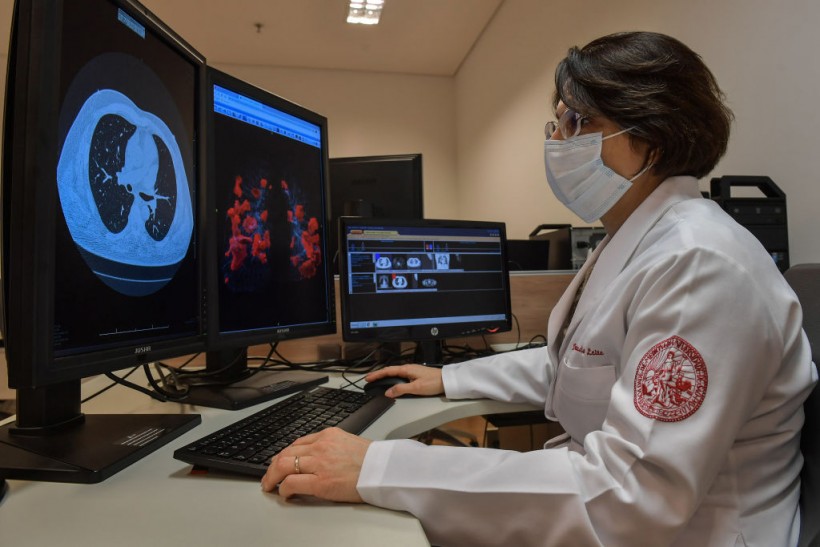Google's new artificial intelligence model, AlphaFold 3, is the latest AI-centered medical breakthrough. It can reportedly help create new drug designs, crops, medical treatments, and genomic research, among other things.
All thanks to its record accuracy in predicting the structures of DNA, proteins, and other molecules.
Scientists can develop new medications or enhance existing ones by understanding how a protein interacts with the human body through understanding its structure and shape.
The Google DeepMind and Isomorphic Labs program AlphaFold has already shown that it can make startlingly accurate predictions about how proteins fold.
Google has indexed 200 million known proteins, and according to them, millions of researchers have used earlier iterations to uncover information about cancer treatments, malaria vaccines, and enzyme architecture.

Other important compounds, such as DNA, can be modeled using the next version, AlphaFold 3.
Additionally, it can map the connections between medications and illnesses, which may lead to intriguing new discoveries for researchers. Furthermore, Google claims its accuracy is 50% higher than that of current models.
AlphaFold 3 produces the joint 3D structure of a given list of molecules as input, showing how they fit together. It simulates small compounds, or ligands, which include a wide range of pharmaceuticals and major macromolecules like proteins, DNA, and RNA.
Moreover, AlphaFold 3 can simulate chemical changes to these molecules that regulate the proper operation of cells and, if disturbed, can result in illness.
Read Also: Meet MAI-1: Microsoft Is Developing New AI Model to Challenge Google and OpenAI, Report Says
Google's Hopes for AlphaFold 3
Google hopes AlphaFold 3 can revolutionize medication discovery and understanding of the biological world. Researchers may reportedly utilize the recently released AlphaFold Server, an intuitive research tool, to access most of its features for free.
Isomorphic Labs is already working with pharmaceutical companies to apply AlphaFold 3 to real-world drug design difficulties, improving its potential for drug design and, ultimately, discovering breakthrough medicines that could change patients' lives.
AI Hallucinations in Drug Making
AI continues to be a major technological advancement in the pharmaceutical industry. As of late, researchers have shown that generative AI, in particular, can explore millions of molecules in just a few minutes, outpacing the speed at which traditional methods can do the same.
Kimberly Powell, a Healthcare executive at Nvidia, demonstrates how AI creates hallucinations when examining innovative drug options that humans have not yet considered.
This process accelerates searching for and developing new medications with encouraging results.
Partnerships between academia, industry, and tech companies such as Nvidia are examples of how AI is integrated into drug discovery workflows.
By utilizing computational power and AI systems, researchers can test enormous libraries of chemicals and anticipate protein structures with previously unheard-of speed and precision.
Still, human trial validation is rather important in light of these developments. Powell highlights the necessity for empirical evidence to support AI-generated medicine ideas, emphasizing that humans must still produce proof of concept.
Related Article: Microsoft's Strategic $1 Billion Investment in OpenAI to Counter Google's AI Dominance

(Photo: Tech Times)





